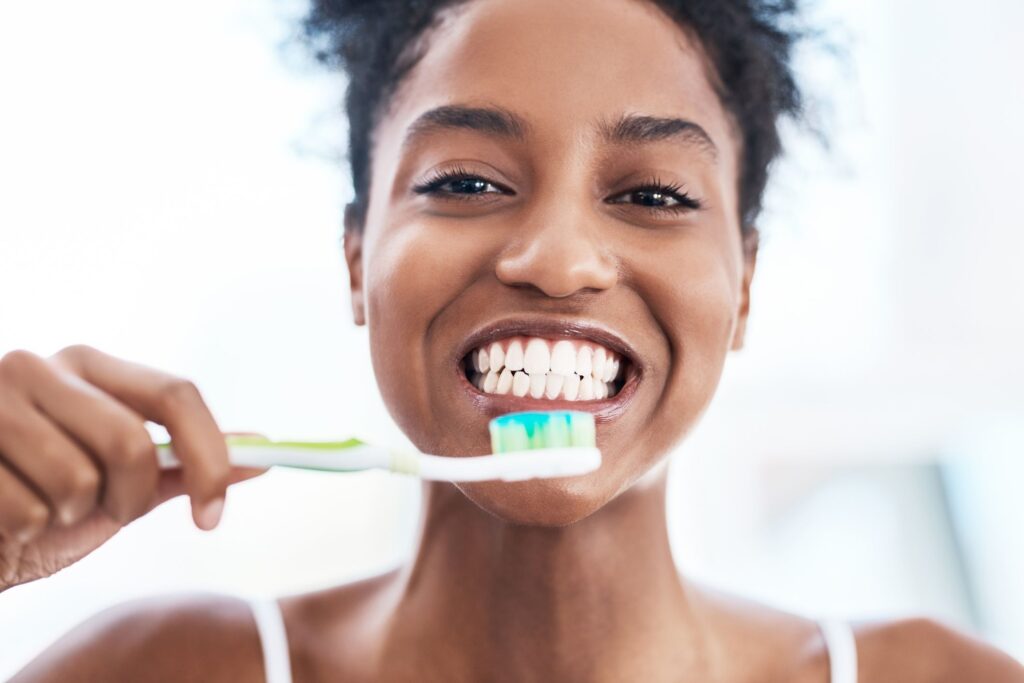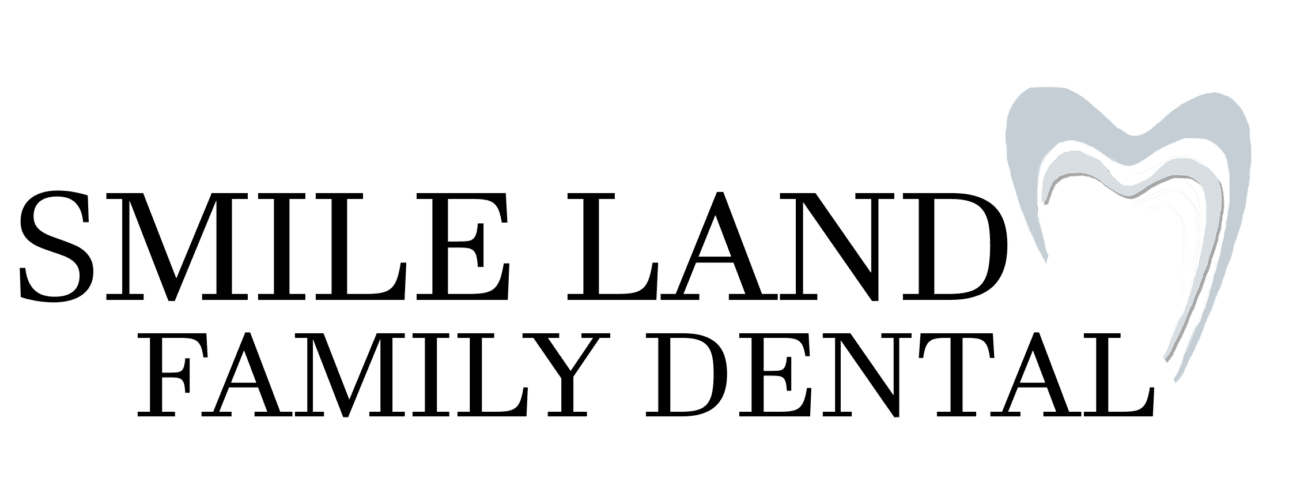We practice oral hygiene, a routine that involves brushing and flossing our teeth, in order to keep our smiles healthy. To clean our teeth effectively, we need to use the proper tools, including floss, toothpaste, and a toothbrush.
Your toothbrush features bristles that allow you to easily scrub away plaque, food particles, and other residues that collect on your smile throughout your day. Though incredibly important to maintaining good oral health, your toothbrush could negatively affect your smile if you are not careful.
If you pay attention to your smile and practice purposeful oral hygiene, you can safely brush your teeth without hurting your teeth and gums. Find advice from your dentist to ensure your toothbrush does not harm your oral health when you read on.

Choose a Soft-Bristled Toothbrush
The firm bristles of the toothbrush are the source of the scrubbing power that allows you to maximize your oral cleanliness. You might assume that harder bristles on your toothbrush will make your smile cleaner. But this is untrue.
Hard bristles can irritate your gums and make them bleed. This will leave your smile open to oral infections. These hard bristles can also damage your tooth enamel, weakening your teeth which could put you at risk of cavities.
Choose a soft-bristled toothbrush rather than one with hard bristles. It cleans just as well and will not hurt your teeth during the brushing regimen.
Use Gentle Brushing Methods
The way that you brush your teeth can majorly affect both your oral hygiene and your toothbrush. You should make sure that you move your toothbrush across the surface of your teeth with gentle circular motions.
If you brush too hard, you will not make your teeth cleaner. Instead, you could aggravate your tooth enamel and gum tissue, increasing your risk of many oral health issues.
Plus, exerting excess pressure on your toothbrush can damage the bristles, making them bent, worn, or frayed. Damaged bristles cannot scrub as well as necessary. This may mean you leave harmful residues on your teeth after brushing, which can cause oral bacteria to spread and wreak havoc on your smile.
Your toothbrush bristles will wear down eventually and require replacement. But improper brushing techniques may mean that you need to buy a new toothbrush sooner.
Store Your Toothbrush Safely
You should take proper care of your toothbrush in order for it to function as well as possible. But if you do not store or clean it well, your toothbrush may introduce germs to your mouth that could make you sick. Plus, it could put you in danger of oral infections like gum disease.
Your oral bacteria will transfer to your toothbrush when you use it. Rinsing it after your oral hygiene regimen will help wash away germs. But you should also pay attention to the way that you store your toothbrush.
Keep your toothbrush in the open air so that the bristles can air dry. A moist environment encourages the breeding of bacteria and mold. Do not use a cover on your toothbrush head or you could trap germs.
You should also store the toothbrush in an upright position so that it can drain excess water properly. This will further reduce bacterial spread. Discuss more preventative oral health care when it comes to your toothbrush with your dentist at your next appointment.
